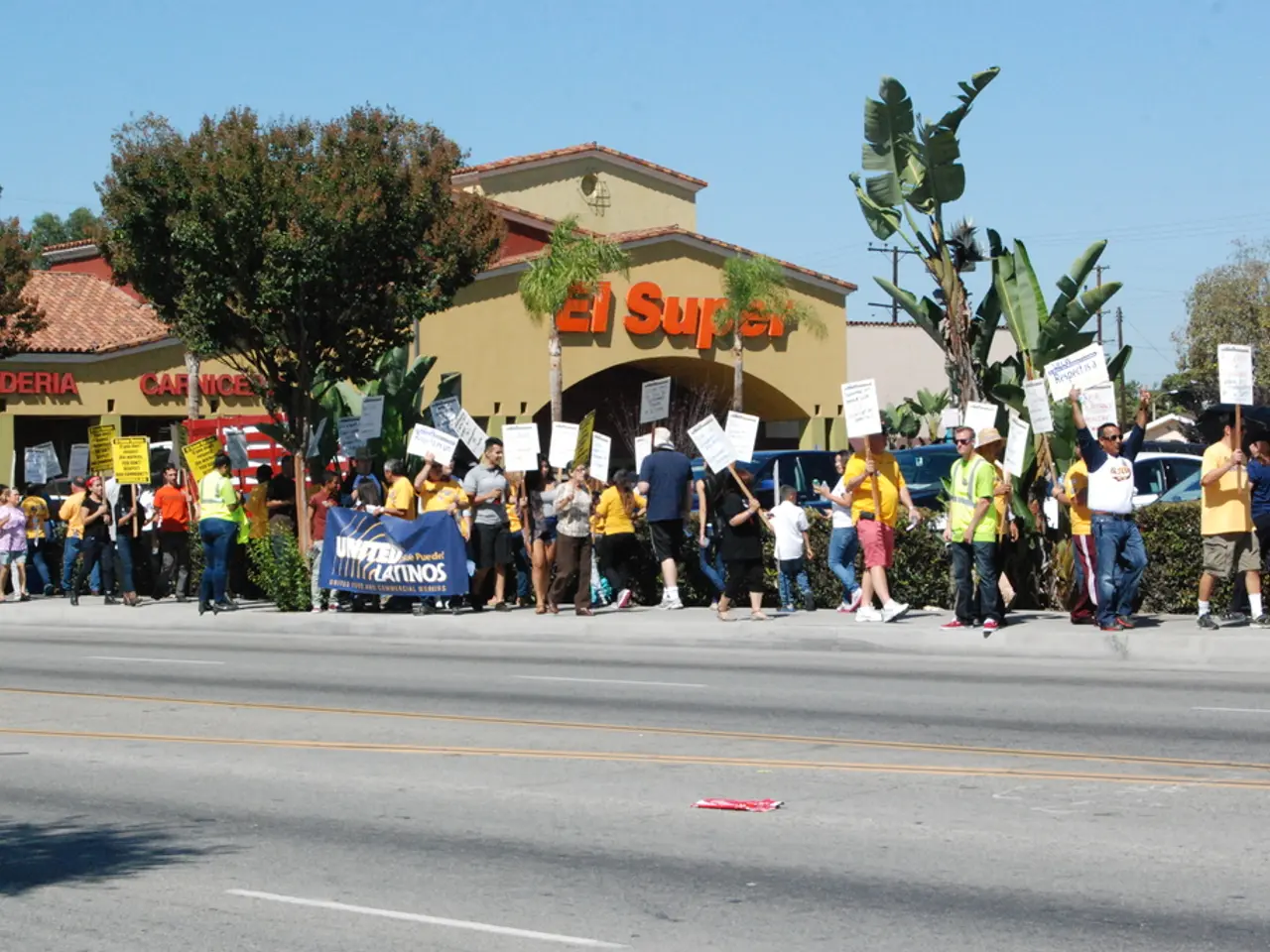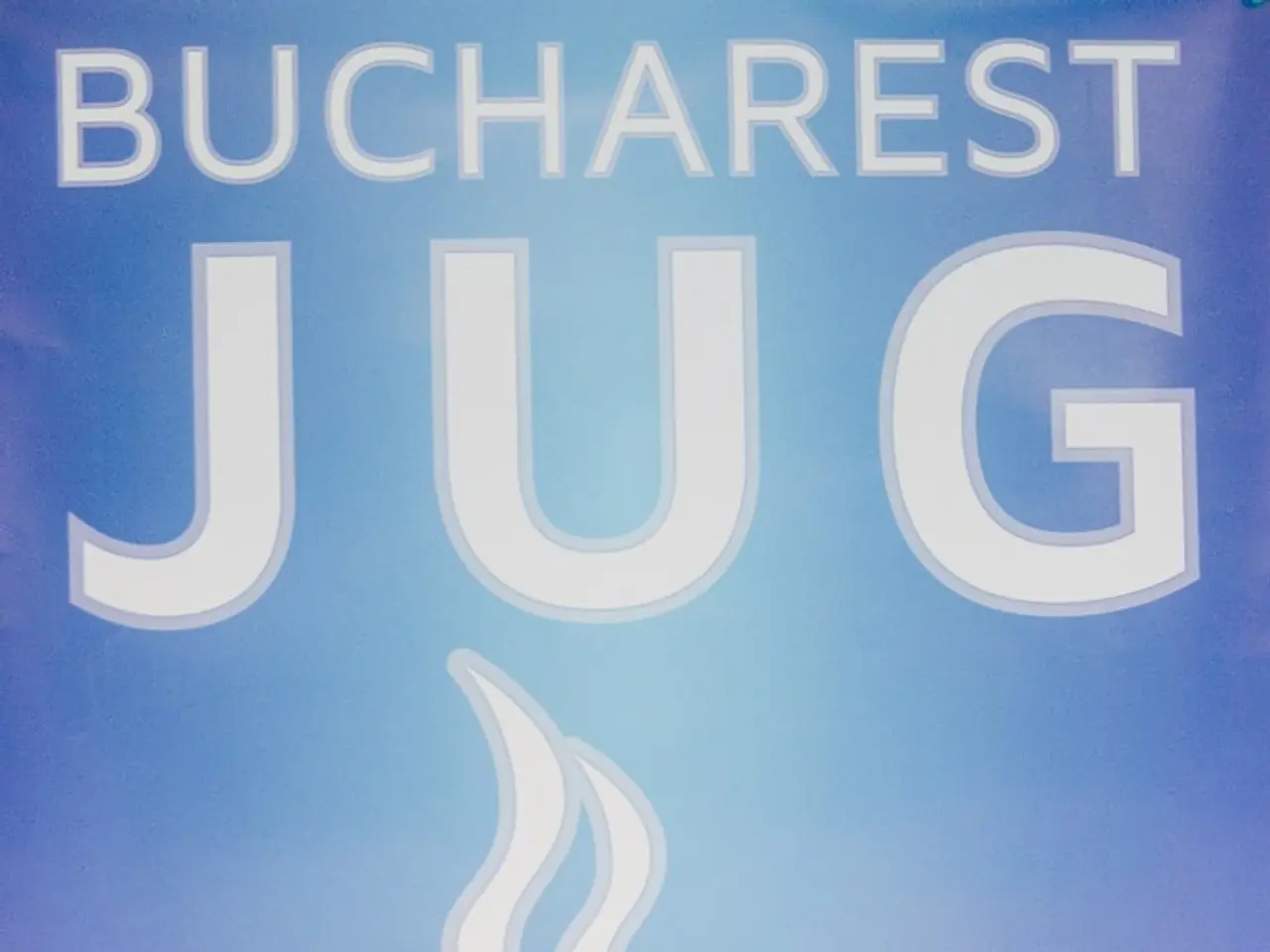Wage levels fail to surpass the poverty threshold
The minimum wage in Germany is set for a significant increase, with the hourly rate rising to €13.90 from January 2026, and further to €14.60 by 2027. This phased increase, following recommendations from an independent commission, has sparked a mix of support and criticism from various sectors and interest groups.
The increase, which falls slightly short of the Social Democrats' proposed €15 per hour, is hailed by trade unions like Verdi as a "considerable financial improvement" for low-wage workers, helping them cope with inflation and high living costs. Supporters argue that the extra income will be largely spent on consumption, thus bolstering the economy during a tentative recovery following recent recessions.
However, industry bodies like the Federal Association of the Security Industry (BDSW) view the increase as a serious mistake, arguing it is politically motivated and ignores Germany's current economic challenges. Critics warn that the increase undermines social partnership by politically overriding wage negotiations traditionally settled through collective bargaining, potentially eroding trust between employers and unions.
Particularly in cost-sensitive industries such as automotive manufacturing, the higher wage floor compounds existing challenges like tariffs and competition from abroad. For example, Germany's car industry faces significant margin pressures and job cuts, with some companies already planning large-scale layoffs. The wage hike adds to the cost burden in this sector facing global headwinds.
To offset rising labor costs, industries like manufacturing and food service may accelerate automation, potentially reducing employment in some low-wage jobs over time.
In a summary table of positions, stakeholders' reactions to the minimum wage increase are outlined, revealing a complex web of support, concerns, and debates.
The phased approach aims to balance these competing interests, though debates about the ideal wage level and broader impacts are likely to continue. In conclusion, the minimum wage increase in Germany is widely seen as a necessary step to improve worker incomes amid inflation, but it also raises concerns about economic sustainability, business competitiveness, and social partnership mechanisms.
- The trade unions, such as Verdi, view the minimum wage increase as a "considerable financial improvement" for low-wage workers, and supporters posit that the extra income will boost the economy's recovery by increasing consumption in the "general-news" sector.
- Conversely, the Federal Association of the Security Industry (BDSW) and other critics argue that the increase is politically motivated and may undermine "social partnership" by overriding traditional wage negotiations, potentially causing trust issues between employers and unions in the "business" sector.
- In the "finance" and "personal-finance" sectors, industries like manufacturing and food service may adopt automation to offset rising labor costs, which could potentially lead to job losses in some low-wage positions over time.







